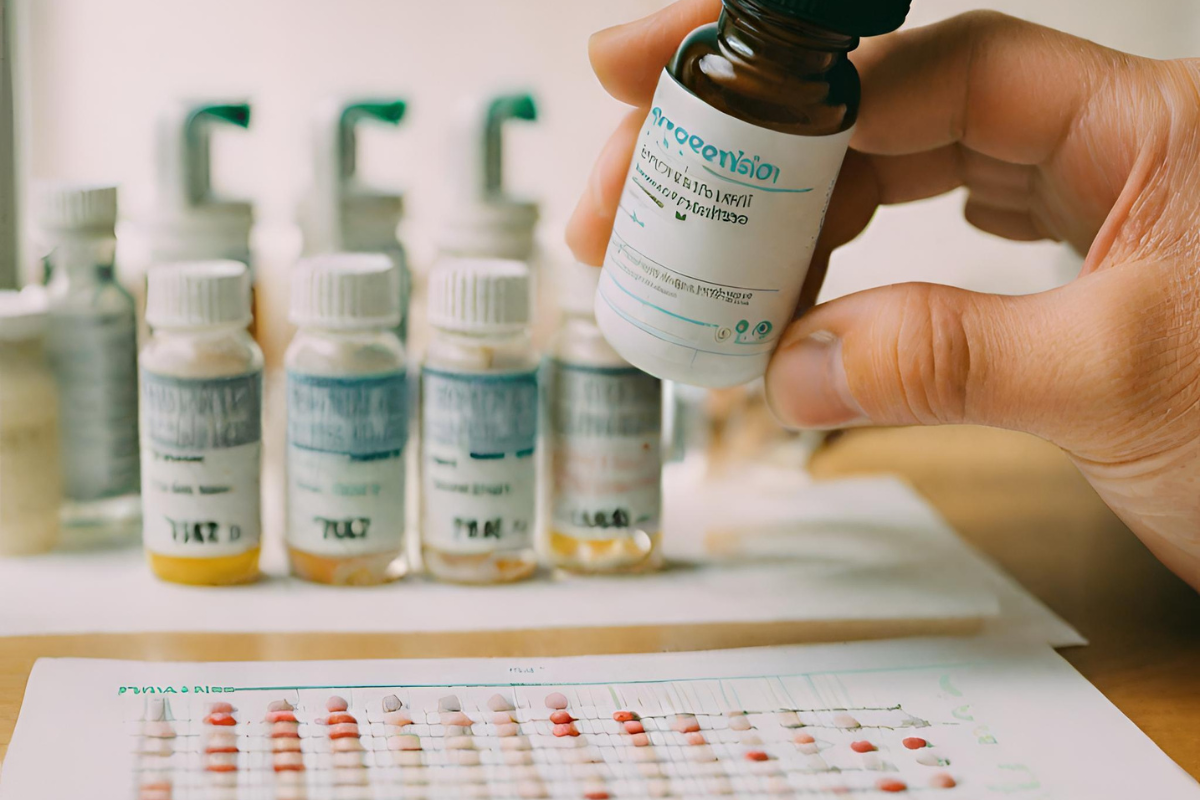
In the not-so-distant past, medical treatments were often one-size-fits-all, but times have changed. Precision Medicine has emerged as a transformative approach that tailors medical care to each person's unique genetic makeup, environment, and lifestyle. This innovative field is reshaping healthcare as we know it.
The Rise of Precision Medicine
Precision Medicine represents a paradigm shift from traditional medicine. Instead of employing broad treatment strategies, it delves into the specific genetic, molecular, and environmental factors that influence an individual's health.
Why Precision Medicine Matters
Healthcare decisions based on a person's unique genetic and molecular profile can lead to more effective treatments, fewer side effects, and improved outcomes. It's the epitome of personalized healthcare.
Decoding the Human Genome
One of the cornerstones of Precision Medicine is genetic sequencing. Advances in DNA sequencing technologies have made it more affordable and accessible. This allows healthcare providers to identify genetic mutations and variations that contribute to diseases.
Applications: Targeted Therapies and Beyond
Precision Medicine is making significant strides in oncology, where targeted therapies are becoming more effective at treating cancer. It's also being applied to cardiovascular disease, neurodegenerative disorders, and rare genetic conditions.
Patient-Centered Care
Patients are active participants in their healthcare journey. They provide valuable genetic and health data, enabling clinicians to make informed decisions about their treatment plans. This collaborative approach fosters trust and engagement.
Pharmacogenomics: Tailoring Drug Treatments
Pharmacogenomics, a subset of Precision Medicine, explores how an individual's genetic makeup affects their response to drugs. This knowledge helps avoid adverse reactions and select the most effective medications.
Data Challenges and Ethical Considerations
Handling vast amounts of genetic and health data raises privacy concerns. Ethical considerations regarding data sharing, consent, and discrimination must be addressed as Precision Medicine evolves.
Future Trends: What Lies Ahead
For individuals, Precision Medicine offers the promise of more precise diagnoses, fewer ineffective treatments, and improved quality of life, especially for those with chronic or complex diseases.
Benefits for Society: Reduced Healthcare Costs
While the upfront costs of genetic testing and personalized treatments can be high, Precision Medicine has the potential to reduce long-term healthcare expenses by preventing diseases and complications.
The Future of Healthcare: Embracing Precision
As technology advances and our understanding of genetics deepens, Precision Medicine will continue to evolve. Artificial intelligence, big data analytics, and global collaboration will accelerate progress.
Getting Started: Genetic Counseling and Testing
Interested individuals can begin their Precision Medicine journey by seeking genetic counseling and testing. These services help individuals and their healthcare providers make informed decisions about their health.
A Healthier, More Personalized Future
Precision Medicine is ushering in a new era of healthcare. It's a field where the power of genetics meets the compassion of patient-centered care. Whether you're a patient or a healthcare provider, embracing Precision Medicine means embracing a healthier, more personalized future.










